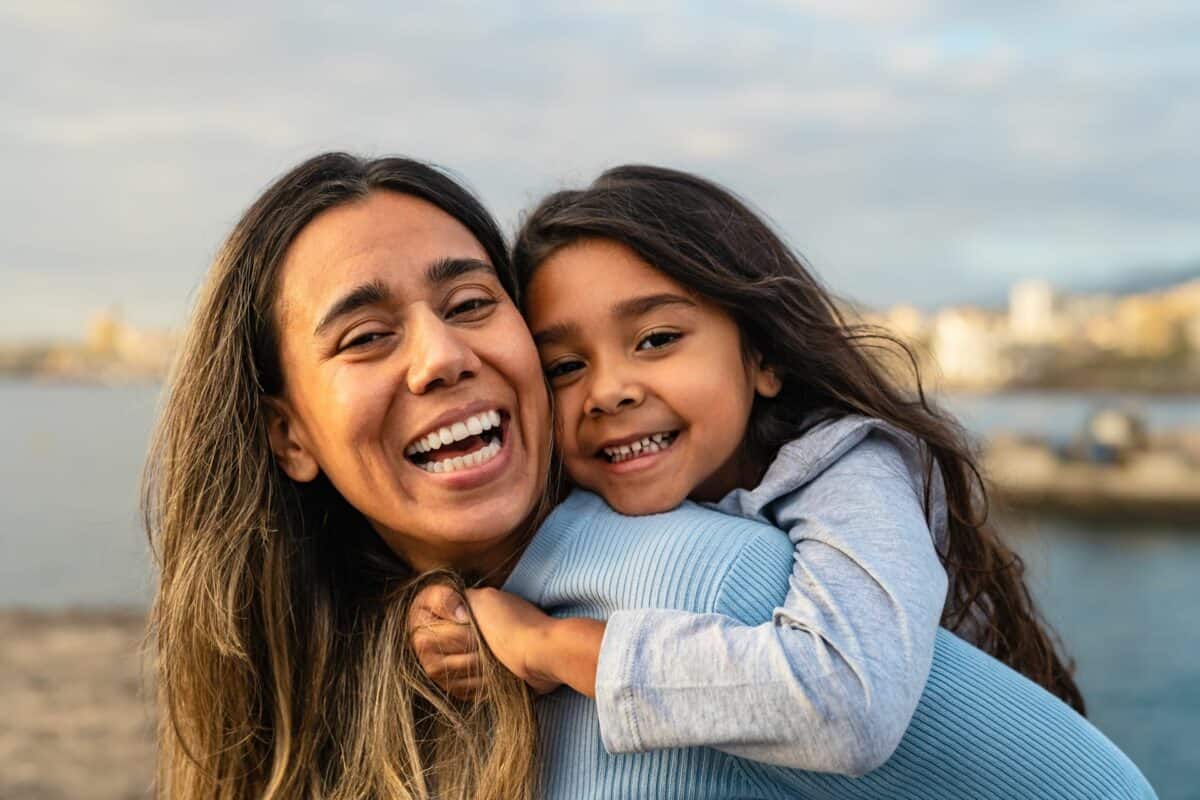As a parent, ensuring the well-being and safety of your children is a top priority. In the modern world filled with gadgets and technology, it’s essential to be mindful of the potential risks that excessive noise exposure may pose to your child’s hearing health. From blaring electronic toys to loud music and crowded environments, understanding how loud is too loud for kids can safeguard their auditory health for a lifetime. In this analysis, we will explore the risks associated with high noise levels and provide practical tips for protecting your child’s delicate ears.
Understanding Decibels and Safe Noise Levels
Sound intensity is measured in decibels (dB), and each increase of 10 dB represents a tenfold increase in sound intensity. The World Health Organization (WHO) recommends limiting children’s exposure to sounds exceeding 85 dB for prolonged periods. To put this in perspective, typical conversational speech is around 60 dB, and busy traffic noise can reach 70-80 dB.
Risks of Excessive Noise Exposure
- Prolonged exposure to high noise levels can lead to several adverse effects on children’s hearing health, including:
- Hearing Loss: Repeated exposure to loud noises damages the sensitive hair cells in the inner ear, resulting in permanent hearing loss.
- Speech and Language Development: Excessive noise can disrupt a child’s ability to develop language and communication skills.
- Learning Difficulties: Studies have shown that children exposed to chronic noise may have difficulties concentrating and learning in academic settings.
- Increased Stress and Irritability: Loud environments can cause stress and irritability in children, impacting their overall well-being.
Identifying Hazardous Noise Sources
To protect your child’s hearing, it’s crucial to identify common sources of hazardous noise:
- Electronic Toys: Many children’s toys produce loud sounds that can exceed safe noise levels. Pay attention to the volume settings of electronic gadgets and opt for toys with adjustable volume controls.
- Television and Multimedia: Be mindful of the volume when your child is watching television or using headphones with portable devices.
- Sporting Events and Concerts: Environments like stadiums and concert halls can be extremely loud. Ensure your child wears appropriate hearing protection when attending such events.
- Fireworks and Explosive Noises: Celebratory events with fireworks can reach harmful noise levels. Keep your child at a safe distance and consider using earmuffs or earplugs.
Tips to Protect Your Child’s Hearing
Set Volume Limits: Control the volume on electronic devices, including tablets, smartphones, and televisions, to ensure it remains below the recommended 85 dB threshold.
- Use Headphones Wisely: When using headphones, choose over-the-ear headphones instead of earbuds, as they offer better noise isolation. Additionally, opt for kid-friendly headphones with built-in volume limiters.
- Limit Exposure Time: Encourage breaks from noisy environments to give your child’s ears time to rest and recover.
- Use Ear Protection: In loud environments or during noisy activities, provide your child with properly fitting earmuffs or earplugs to reduce noise exposure.
- Educate Your Child: Teach your child about the importance of protecting their hearing and how to recognize unsafe noise levels.
Regular Hearing Check-ups
Regular hearing check-ups are essential, even if your child hasn’t shown any signs of hearing problems. Early detection of hearing issues can lead to prompt intervention and prevent further complications.
Final Thoughts
Protecting your child’s hearing health is an ongoing commitment that requires vigilance in today’s noisy world. By understanding safe noise levels, identifying hazardous sources of noise, and implementing protective measures, you can safeguard your child’s auditory well-being. Encourage responsible listening habits, provide appropriate hearing protection, and promote awareness about the risks of excessive noise exposure. By doing so, you’ll equip your child with the knowledge and tools necessary to enjoy a lifetime of healthy hearing.
Remember, a little prevention goes a long way when it comes to preserving your child’s precious sense of hearing.
We hope you found today’s discussion both informative and helpful. If you have any questions about your or your child’s hearing or would like to schedule your next checkup, please contact us. Our Friendly team of hearing health care professionals are ready to assist you with all your hearing needs.

